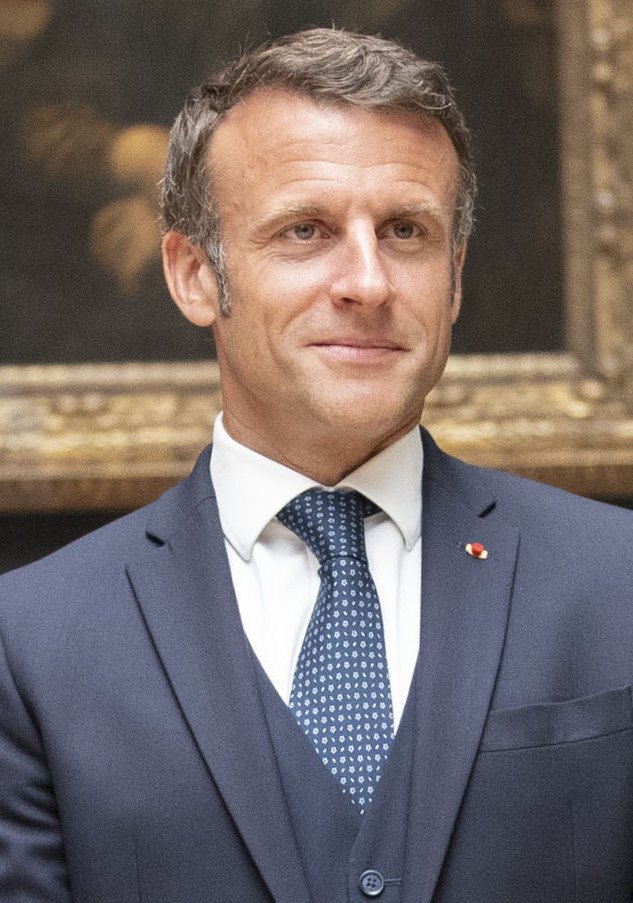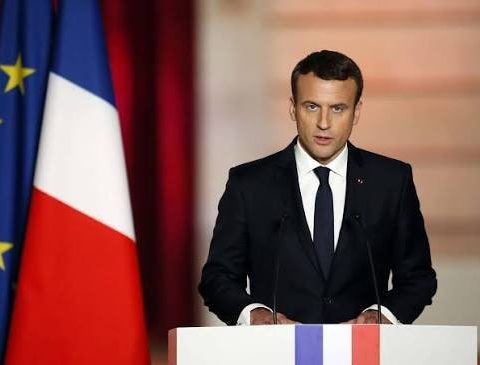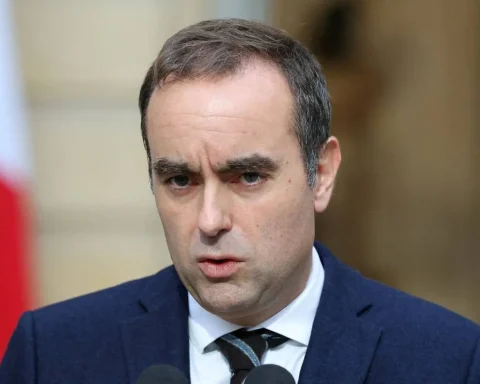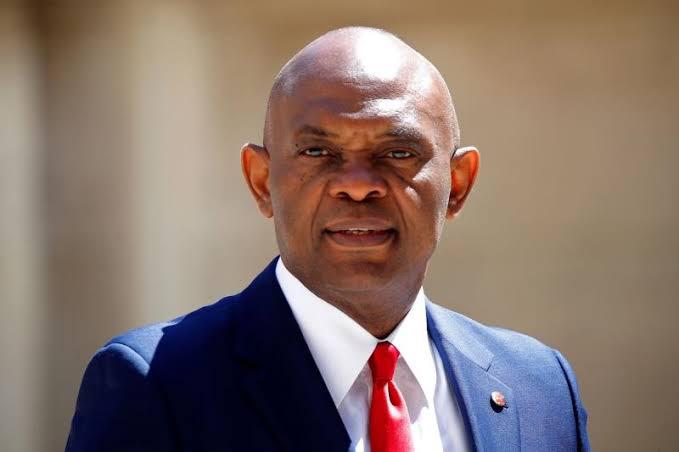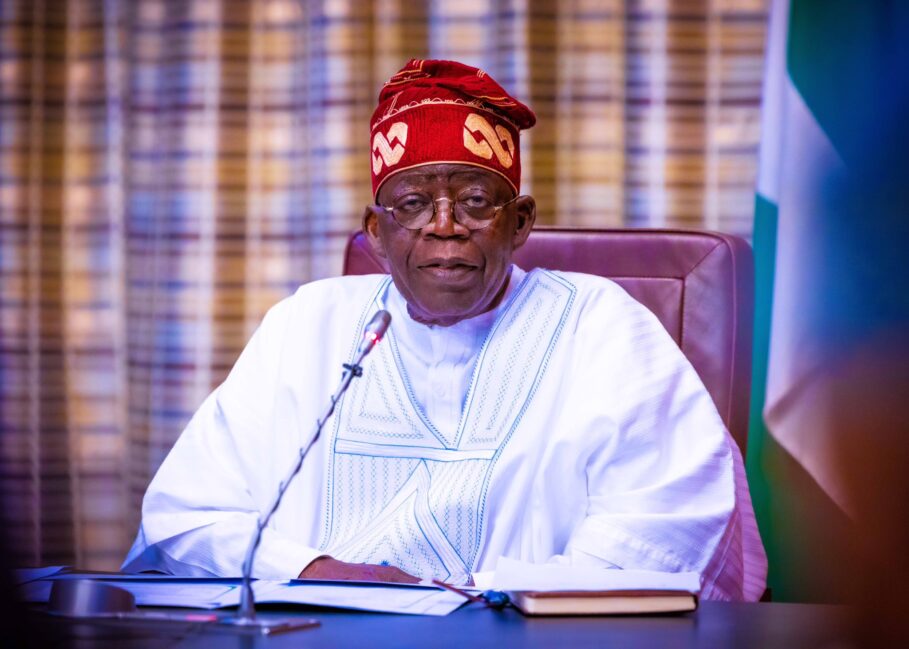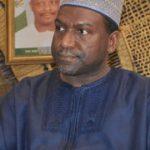France‘s Education Minister, Gabriel Attal, has announced a significant policy shift that will ban the wearing of abayas, loose-fitting full-length robes worn by some Muslim women, in the country’s state-run schools which has stirred up reactions
The decision, set to take effect with the commencement of the new school year on September 4th, stems from France’s stringent stance against religious signs in government buildings and state schools, citing concerns about violating secular laws.
Join our WhatsApp ChannelAttal’s firm stance was presented in a recent interview with TF1 TV: “When you walk into a classroom, you shouldn’t be able to identify the pupils’ religion just by looking at them. I have decided that the abaya could no longer be worn in schools.” The move follows months of heated debate surrounding the presence of abayas in French educational institutions.
READ ALSO: Tasks Before Thierry Henry As 1998 World Cup Winner Emerges France U-21 Coach
The abaya, increasingly worn in schools, has become a divisive issue in French politics. Right-wing parties advocate for a ban, framing it as an essential measure to protect the secular nature of French society.
On the other hand, voices from the left express concerns about the rights of Muslim women and girls, arguing that the ban could infringe upon their personal choices and religious freedom.
Attal contextualized the decision within the framework of secularism and education, stating, “Secularism means the freedom to emancipate oneself through school.” He characterized the abaya as a “religious gesture,” suggesting that its presence challenges the secular environment that schools are intended to provide.
France’s historical aversion to religious symbols in education dates back to the 19th Century. The ban initially targeted Christian symbols, such as prominent crosses, to prevent Catholic influence in public schooling.
Over time, the law evolved to encompass other religious symbols like the Muslim headscarf and the Jewish kippa. However, abayas had previously not been subject to an outright ban.
The announcement arrives in the wake of heightened discussions about Islamic symbols following the tragic beheading of teacher Samuel Paty in 2020 by a Chechen refugee.
Paty’s incident involved the display of caricatures of the Prophet Mohammed in a classroom, sparking debates about the balance between free expression and cultural sensitivity.
Interestingly, this move marks Education Minister Gabriel Attal’s first major policy decision since his appointment by President Emmanuel Macron. Taking on the role at the age of 34, Attal’s decision underscores the significance of the issue and its potential impact on France’s educational landscape.
Notably, the Council of French Muslim Worship (CFCM), a national body representing several Muslim associations, challenged the notion of clothing as a religious sign, implying that the abaya ban could potentially infringe upon individual rights. The new rule brings to the forefront the ongoing tension between upholding secular values and respecting religious practices in a multicultural society like France.
Also, Ardun Pudur, a prominent commentator expressed his views on this development on his Twitter page. He highlighted the growing debate around the boundaries between religious expression and public education


